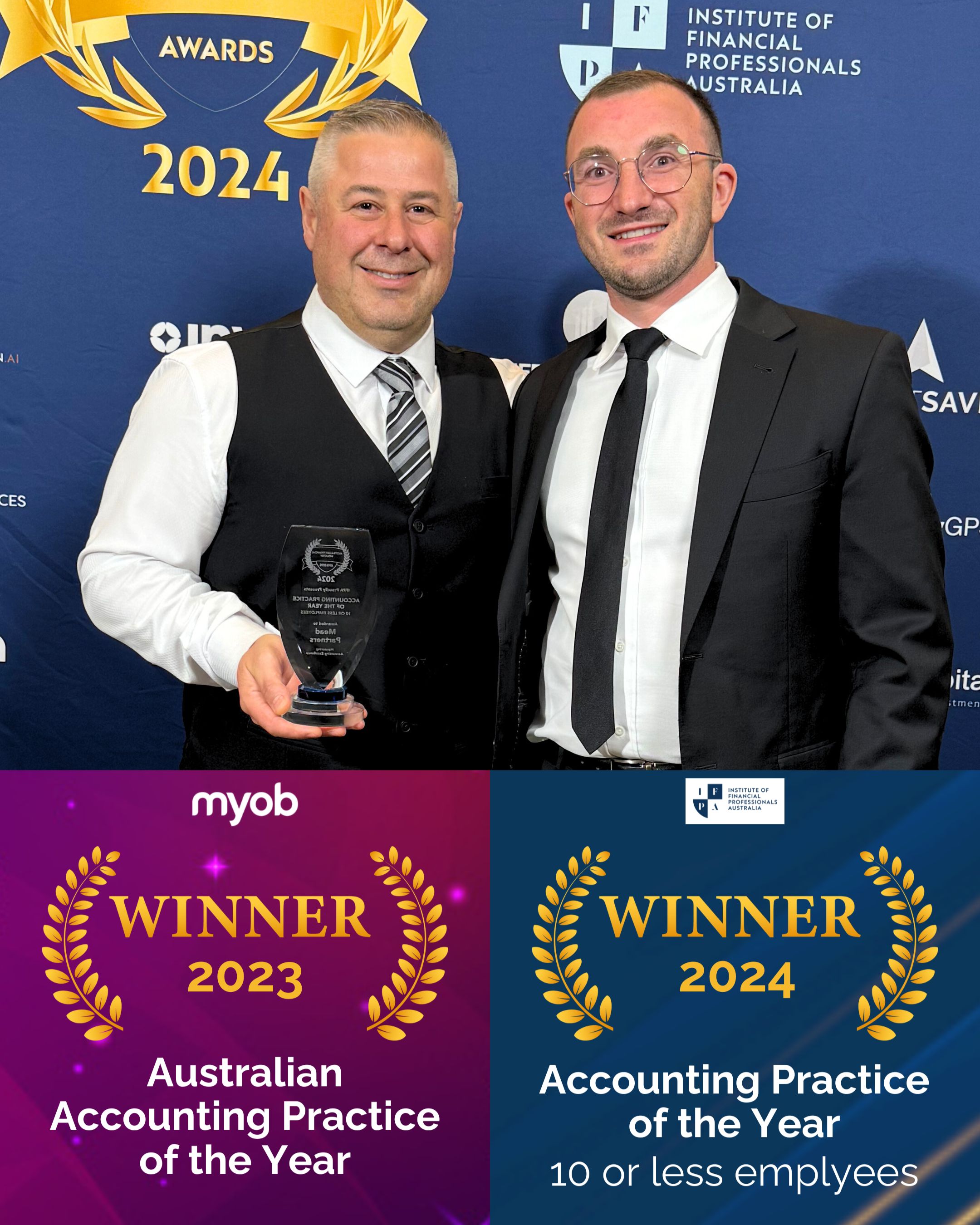
Book a Free Consultation!
✅Builders CFO Program
✅Business Improvement Program
✅Taxation Advice


How the right employee engagement experience can lead to more productivity and growth
With staff shortages continuing, finding and retaining good staff is becoming more of a challenge. This is just one of the many reasons the workforce is the third biggest focus for CEOs in 2023.
Staff retention isn’t the only reason business leaders are focusing on employee experience. A lack of team engagement can impact your overall business growth.
How can a lack of team engagement impact your business?
Attracting and retaining staff is becoming a bit of a science, with the pandemic and changing workforce values reshaping what employees are looking for.
As well as flexibility, employees are now on the hunt for a workplace with culture driven by values and people. In high turn-over industries such as building and construction a similar focus can be found. Here, staff are looking for a culture that listens, promotes employee input and values what they have to say.
Increasing your team engagement not only drives a better culture but also:
- Improves business performance
- Builds trust and accountability
- Decreases risk and unethical behaviour
- Creates a positive work environment
The result? A team that feels like more than just a number, decreasing staff turnover and keeping your high-performing team members longer.
5 ways to increase team engagement
-
Create a shared vision
By defining your business vision, goals and objectives – and actively communicating these goals – your team will know what you’re working hard to achieve and what’s needed to get there.
While the big picture is great, it’s important to also set goals and milestones at a team level. This helps:
- Make your goals seem more obtainable
- Provide understanding on how individual efforts will contribute
- Create connection and more collaboration
Creating clear KPIs for each team will boost productivity, in turn improving your business growth and performance. Sharing your vision and goals can also create a sense of unity, improve your overall culture, and result in a more motivated and engaged team.
-
Define roles and responsibilities
Defining roles and responsibilities has multiple benefits, both at a team and business level. It makes sure each employee better understands their job duties and what is expected of them, leading to more job satisfaction and a more motivated team. It can also improve productivity and efficiency.
Team huddles are are great way to keep focus, and can be as simple as asking each team member:
- What are your priority tasks this day/ week (or month)?
- Can you walk me through what your day-to-day tasks look like?
- Are there any road-blocks in your way?
This helps create open communication and improves alignment, leading to better outcomes and team engagement as well as employees feeling more valued. Not convinced? The team huddle is a technique our business advisory team and accountants use daily.
-
Encourage open communication and feedback
We all remember those jobs where providing feedback was a career death sentence, making you feel fearful for your job and just a number with no voice. Thankfully this culture is becoming less the norm, with employees now searching for companies not only with shared values but with a culture that values its team.
By fostering a culture of open communication and encouraging feedback, you’re creating an environment where employees feel free to speak up and share their thoughts without fear or judgement. Open communication also leads to more than just improving your culture, and can help you develop trust, increase teamwork and overall team engagement.
Holding employees accountable can help you build trust, honesty and fairness, in turn improving your communication and creating a more positive work environment.
-
Celebrate wins and recognise employee success
Recognising team and employee success goes a long way for both creating a supportive culture as well as for team engagement. The recognition can be performance focused – such as exceeding a KPI or growth target – or for work aligned to your workplace values.
While celebrating these successes in a one-on-one environment is essential, recognising the team or individual in a public forum helps them feel valued and seen. It also shows others that hard work doesn’t go overlooked and will be rewarded.
As well as big wins, celebrating reaching milestones (big and small), personal goals or progress also contributes to better team engagement and satisfaction.
-
Support personal development and mentoring
A recent PwC report not only revealed employee development as being a top priority for business leaders but that 86% of business leaders are investing in it. This trend isn’t simply due to staff and skill shortages but team engagement and reducing staff turnover.
Even outside the corporate world this trend is continuing in the building and construction sector, with the WA Government recently announcing a $14.3 million Construction training fund. As well as funds to support apprentices and trainees, $1.9 million has been allocated to identify and promote training in areas with declining workers.
No matter the industry, the more skills your employees learn, the more confident they will become. This confidence – and the new skills – leads to an increase in productivity and performance. A culture focused on career development and progression will also create more engagement as your team will feel more valued, supported and motivated.
Your financials are part of the engagement puzzle
While your business financial data might seem like the last thing to be linked to culture, financial data can uncover areas of your business that need more investment, support or focus. Especially if your team engagement is low and you’re not getting feedback from your team on how to resolve issues (or what’s driving them).
Regular performance reporting from your accountant or an advisor for business can also increase your team engagement. By showing real outcomes and performance, your team will be able to see first-hand the impacts of their efforts.
Not sure what results to share with your team? Chat with your business advisor or accountant in your next regular check-in on what performance you can share. Our business advisors can also guide you to engagement techniques to improve your performance and reach your goals more effectively. In fact, this article is filled with tips directly from our business advisory team!
By linking financial results to your team’s efforts, you’ll be able to improve your engagement as well as provide your team with a real sense of achievement. It can also help you create a growth mindset.
Have a growth target for the year? Showcasing the target visually in your workplace as well as progress towards it is a simple way to bring your team together and keep focused on the goal ahead.

Send To Someone